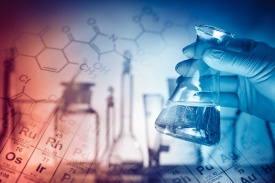Stem Cells for Erectile Dysfunction Cutting-Edge Treatments in 2024
Stem Cells for Erectile Dysfunction: A New Frontier Erectile dysfunction (DE), a common condition affecting millions of men worldwide, has traditionally been treated with medications, injections, or surgery. No entanto, a new frontier in ED treatment is emerging with the advent of stem cell therapy. This article explores the role of Ler mais














